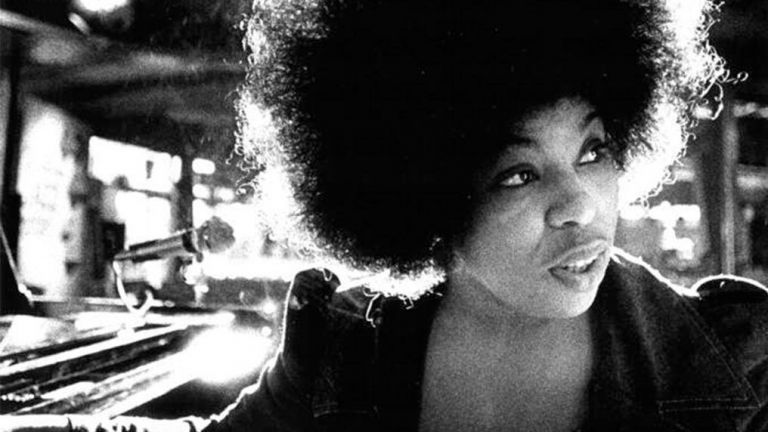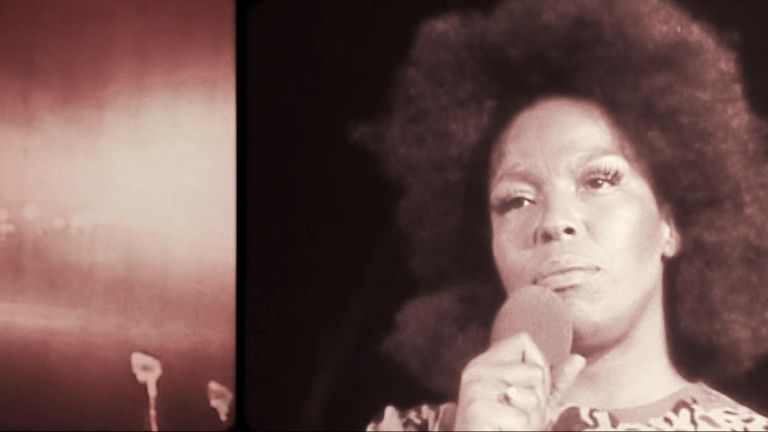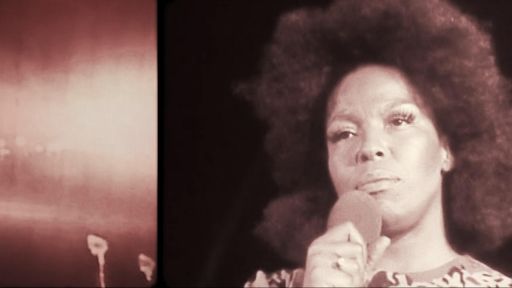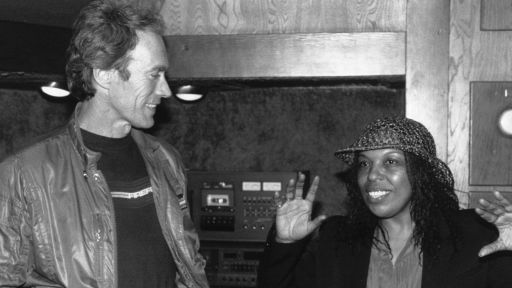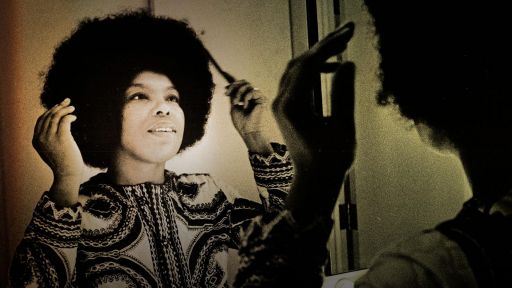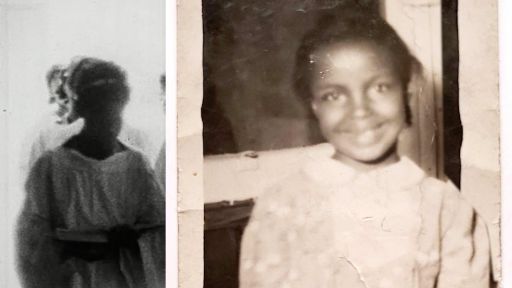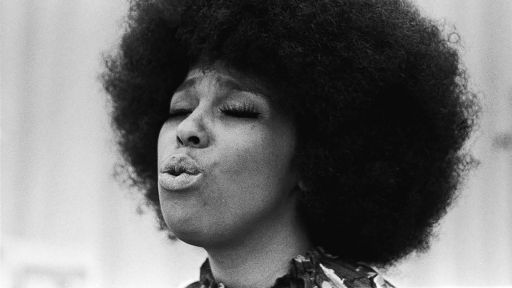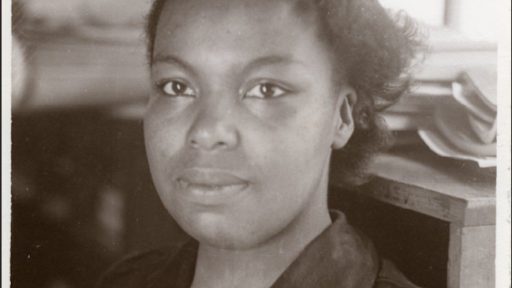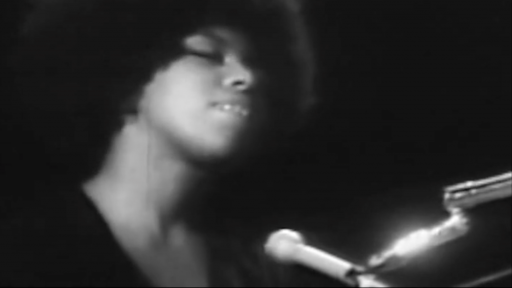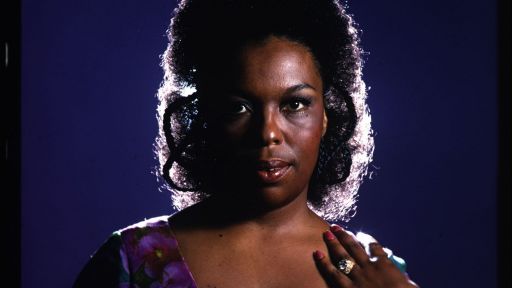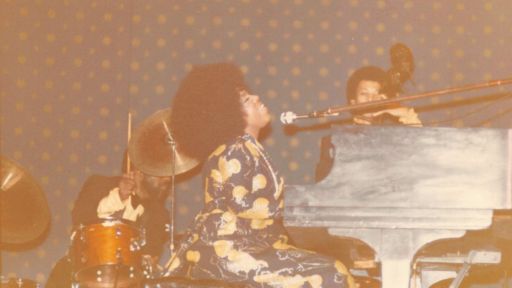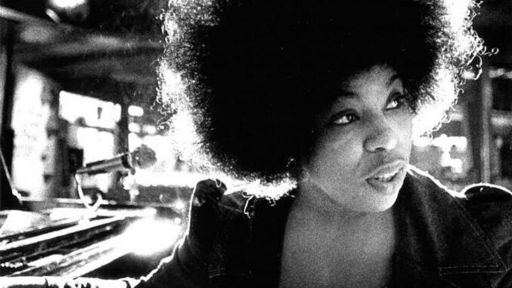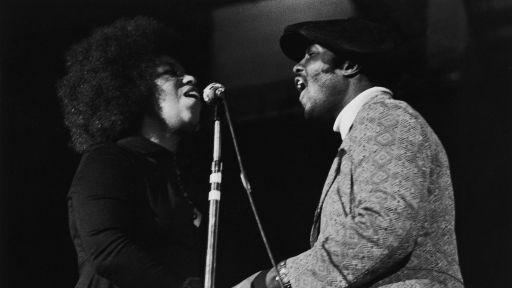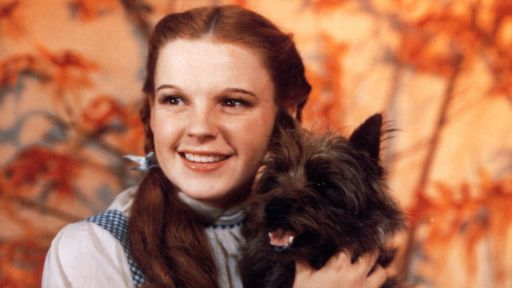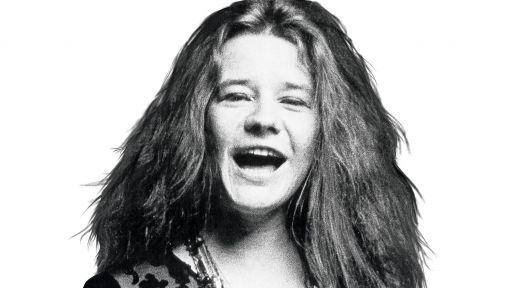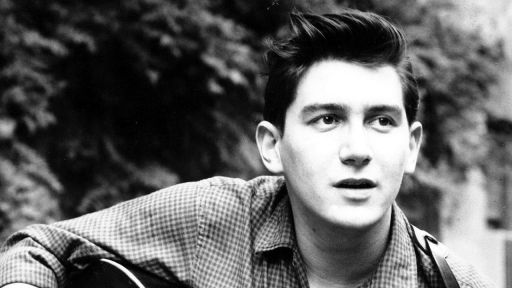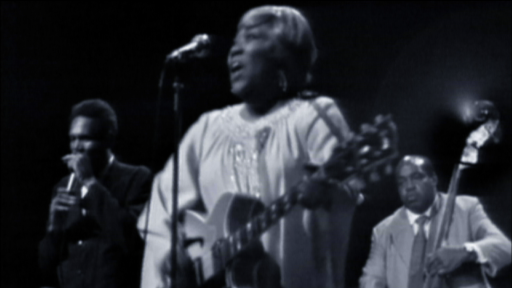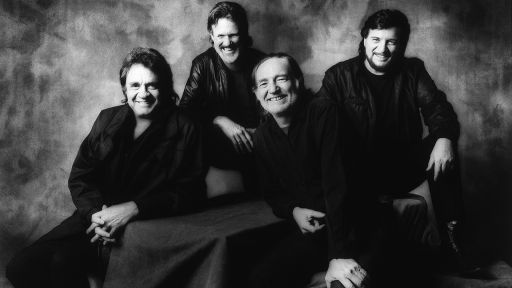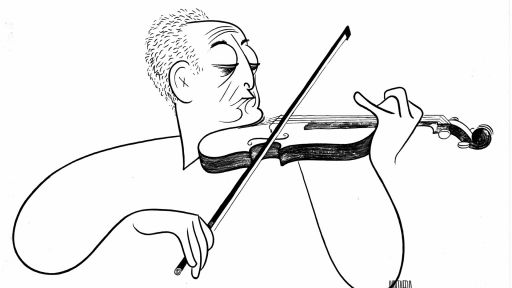Antonino D’Ambrosio, director of American Masters: Roberta Flack, shares his inspiration and experience working with musical legend Roberta Flack.
“Remember: Always walk in the light. And if you feel like you’re not walking in it, go find it. Love the light.”
These are Roberta Flack’s words. They could be a mantra for our present historical moment. Currently, we live in a time of great darkness. There is an overall deepening crisis that has left the emerging generation with a feeling of despair and fear. But there are pockets of people—especially young people—throughout the globe who are searching for the light, a moment to dream. They are insisting upon it. And in doing so, they are reframing resilience. It’s not just the strength to stay the course but to question it and propose others, not just to survive, but also to thrive. This film offers them inspiration to hope through the remarkable life and work of Roberta Flack.
Mozart said that music is “love, love, love… that is the soul of genius.” This film offers, through Roberta’s story, the emerging generation and all who encounter this film the possibility of what is Roberta’s philosophy, “love is a song,” transforming our pain and fear into a creative response.
In our film, the person you meet never stops believing, thinking, imagining and most importantly asking these questions. A wonderful storyteller who takes the personal and makes it universal, Roberta’s story offers us very much in a time where we are offered very little in the way of ideas, vision, imagination, creativity, humility and boldness. Her story tells us that we are indeed not alone. Blending portraiture, lyricism and creativity, this film seizes the opportunity to link with an emerging generation who are in search of stories imbued with inspiration and beauty.
In all my work as a filmmaker, writer and visual artist, I seek to amplify stories of people who transcend their time and place in society by offering a point of communication, empathy, cooperation and creativity that sets them apart not as untouchable superheroes, but as human beings who never stopped trying to make a difference. I describe this as creative response. Creative response rejects the narrow constraints and expectations placed on people and society through both cynical divisiveness and instead embraces the fact that we are multiple. It dismantles the narrow categories that prevent us from seeing how everything in society—including people—is interconnected and interdependent.
Roberta, in her life and her work, is creative response powerfully realized both in its beauty and pain. What interests me in this story is something that I know Roberta represents fully: the belief that we can reimagine the world we live in and take an active role in making that world a reality. Roberta Flack had a big vision of her place in the world and did not let obstacles like racism and sexism define or deter her. Instead, she transformed them into opportunities to create and connect. This film is not about legacy, which is of the past, but is very much about the present and future. Roberta’s music is eternal, limitless in who it can touch and inspire. It’s a lesson that we can envision a world worth living in and a world worth fighting for, or in her case, singing for.
If Roberta’s work offers us anything, it reminds us we are not alone.


